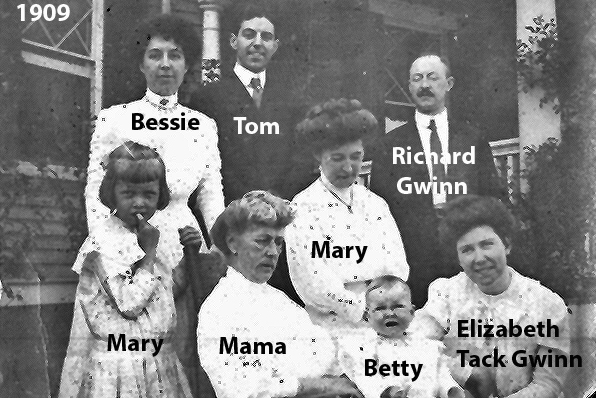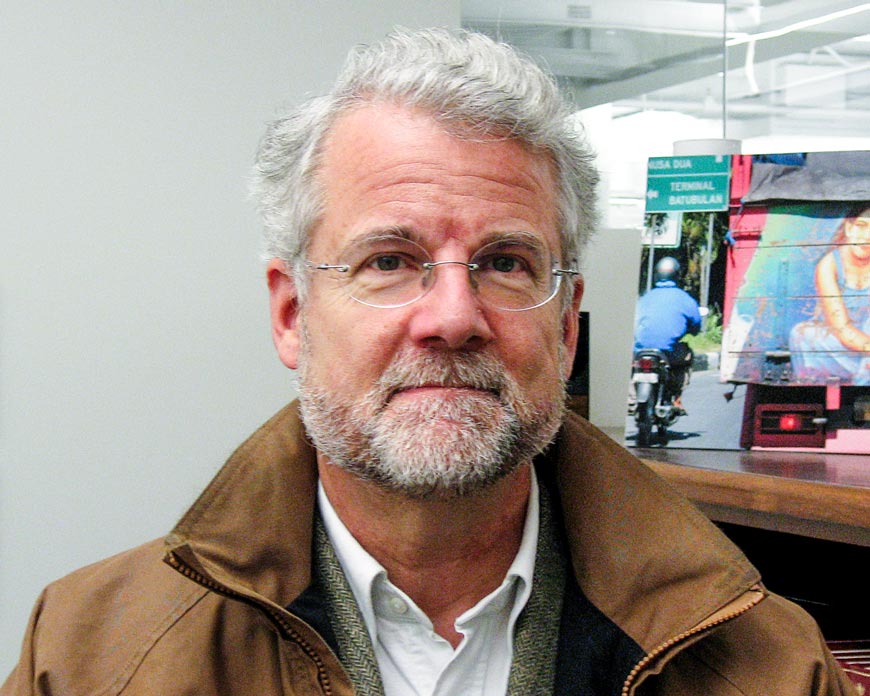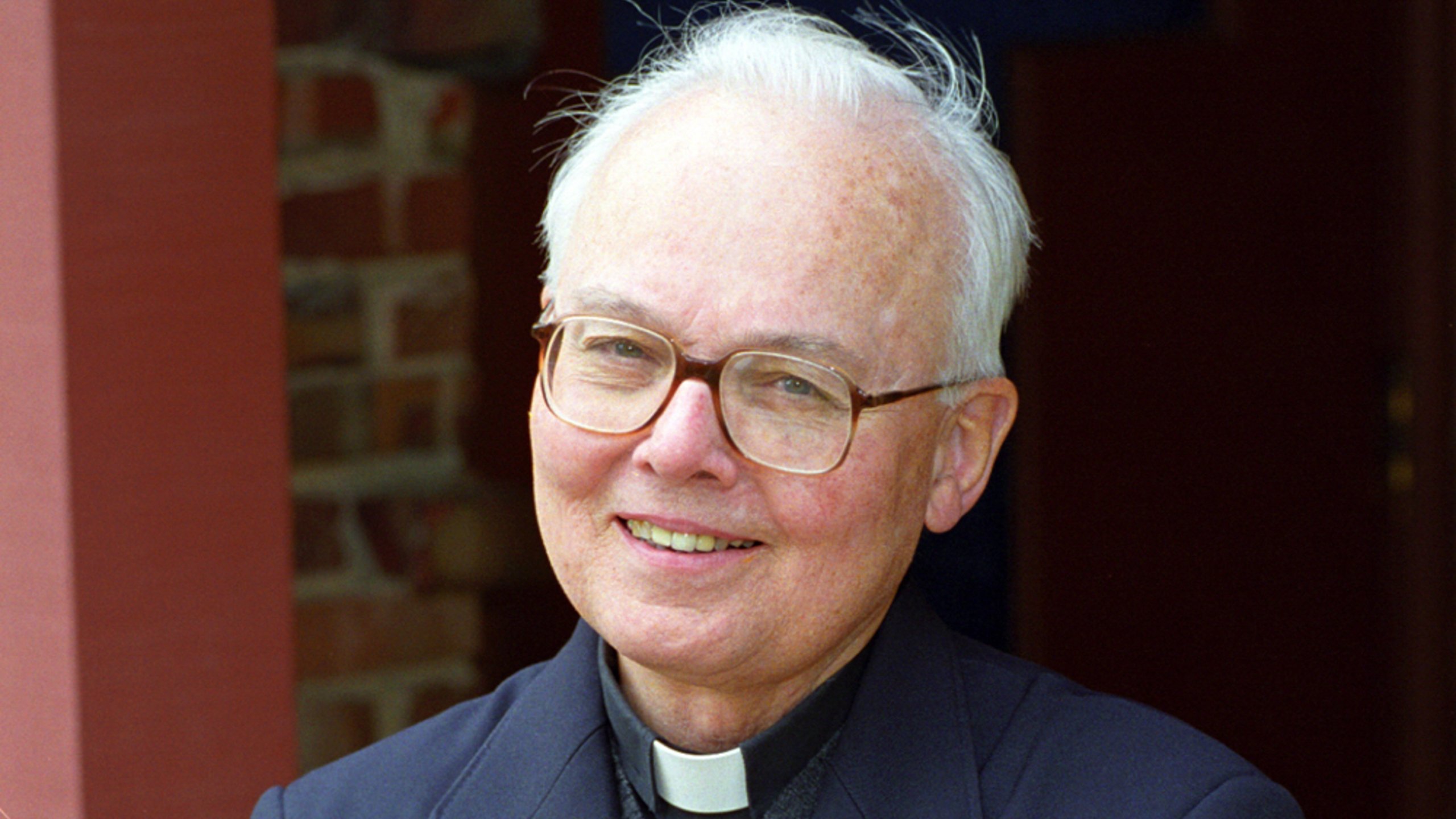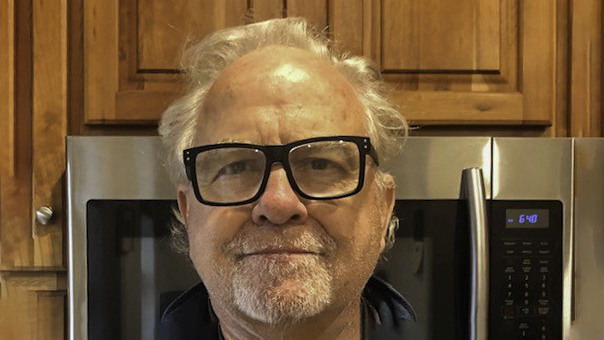Editor’s Note: In this account of her life before marrying my father, William John Bowe, Sr. in 1928, Mary Gwinn Bowe begins in a third person matter-of-fact voice the death of her mother, Mary Agnes Roche Gwinn, in 1901. As she warms to the tale of her being brought up by her father’s mother Elizabeth Burns Gwinn, always referred to her as Mama, Mary changes to a first person voice in talking about her early life in Washington, D.C. and her later schooling in Deal and Asbury Park, New Jersey. When her widower father Richard Gwinn, Jr. remarries Elizabeth Tack in 1907, Mary quickly gains three sisters as Betty Gwinn, Martha Gwinn and Nancy Gwinn are born in 1908, 1910 and 1911, respectively. Mary continues to live seperate from their home in Baltimore’s St. Paul Apartments, and later at 1809 Dixon Hill Road in the Mt. Washington section of Baltimore, Maryland. However, she visits them when she can and particularly enjoys a 1910 Christmas visit to the Tack family home in New York City. She concludes this part of her “Before Chicago” life account with her relief that at the last minute the family finances improved enough for her to enter Trinity College, a Catholic women’s school in Washington, D.C.
Mary Gwinn Bowe — Before Chicago
Motherless at Birth
Mary Agnes Gwinn was born in Baltimore, Maryland, the only child of Richard Gwinn and Mary Agnes Roach, both of whom were also born in Baltimore. Her mother died at her birth and she was raised by her paternal grandmother, Elizabeth Burns Gwinn, and spent her early years in Washington, D.C. and in Deal Beach, New Jersey. When she was six her father married Elizabeth Tack of New York. One sister, Elizabeth Gwinn, died in 1966 in Baltimore. Martha, Mrs. John D. Casey, lives in Chicago, and Nancy, Mme. Jacques Riboud, in Paris.
A Nun’s Life?
Her first school was the Visitation Convent in Washington, the present site of the Mayflower Hotel. On receiving First Communion and being confirmed by Cardinal Gibbons at the Visitation Convent in Baltimore, she felt that someday certainly she would become a nun. This wore off.
Early Schooling
She was graduated from the Public Grammar and High Schools of Asbury Park, New Jersey, and received her A.B. from Trinity College, Washington, D.C., having majored in Latin and English. She was quite pleased with herself on finishing at Trinity, but her father said, “You are not ready for any work until you can go with assurance into an office, since you do not want to teach.” This took the wind out of her sails, but it was true. So at once she started at the Strayer’s Business College; walking downtown early each morning with her father, she spent a happy and a useful winter at home.
Camp Tegawitha
That summer she had been a counsellor at a Camp Tegawitha in Mount Pocono. Pennsylvania owned by Miss Mary Angela Lynch of Philadelphia. She joined the fifty counsellors and taught athletics to the two hundred girls, ages 8 to 18. She missed the summers at Deal and the ocean and she meant to take the summer course for women at Oxford. But each year she put it off because the job was so interesting, so congenial and so very pleasantly athletic.
Mama and Aunts Elizabeth Rose (Bessie) and Mary Cornelia Gwinn
When my mother died at my birth I was not without friends, though Mama was down in Georgia recuperating from scarlet fever. Mary and Bessie wrote her that if she would take the baby they would take complete charge of it. My Uncle Tom Gwinn was quite young. At the same time my mother’s sisters were there, Sister Pauline, who as a nun couldn’t help much, and Nannie Roche. She had married Mr. Paul Frye of St. Paul and had a home and two children of her own, but was still anxious to take her sister’s baby. My father resolved this in favor of keeping his child near at home in his own family. Meanwhile, the wife of his banking colleague Will Page took me in.
I was tided over with these old friends of my father for a few days until Mama could get us back to the house she rented from old Mrs. Okie at 1225 Connecticut Avenue in Washington, D.C. Among the people who stayed there with us were several senators whose names I do not remember, and the Honorable and Mrs. James Hamilton Lewis.
Early Schooling in Washington, D.C.
At this time I was very small and went to school in Washington, D.C. a couple of blocks away at the Force School. Tom had already taught me to read and I started in the second grade after a disgusting reading test using Chicken Little, which I considered too silly for anything. I remained there for the incubation of measles and that ended my public schooling in the District.
Later on Mama, Mary and I had an apartment at the Rochambeau next to the original red brick Army and Navy Club on Connecticut between Farragut and Lafayette Squares. From the roof I watched the unveiling of the statue of Baron van Steuben (by William Howard Taft). I had seen the President often from the bay window at 1225 in the Sunday morning Promenade. From the Rochambeau I had the choice of two parks to skate in. One day I came home in triumph! I had not fallen once.
My next school was down Connecticut Avenue’s double rows of chestnut trees to the Convent of the Visitation, on which spot is now the Hotel Mayflower. There I learned both to open and close the windows and doors, and to count to one hundred, all in French.
Though I never forgot all this, unfortunately I never added another French word to it until I found myself in France on my wedding trip. Mary loved French and took part in the plays of the French Club and was sad that through high school and college I allowed myself to be come absorbed by German and Latin. I, too, have been sad and embarrassed by this, first because Julia and her associations with France were both important and gratifying (even Le Cercle Francais admitted me because they admired her so much) and because of Nancy’s marriage into the large, friendly and vociferous Riboud family with whom we visited–in English–on so many hospitable occasions.
Mama — Two Parents in One
I had always considered that I owned Mama. She belonged to me, though grandmother and grandchild were an undemonstrative pair. Mary, Bessie and Tom were too grown up to matter. Richard, my father, was some distance away, but Mama was always there, representing everybody. My two parents were in one, and I was always her peer. She never talked down to me or was over-attentive. She assumed I’d follow anything reasonable if it was explained. She set up early standards of behavior for little girls, “This is right and you do it. That is wrong and you don’t do it.” And, “Observe and do your own thinking. Adults are not always right but you don’t have to tell them.” If I was in doubt about an invitation or just didn’t want to go, it was a great comfort just to say, “My grandmother won’t let me.” But it was Mary I heard, “Stand up straight. Keep neat and clean. Speak clearly and don’t attract attention to yourself.”
Summers in Asbury Park, New Jersey
We always got out of Washington in the summer. My first two years Mama and Bessie took me with a nurse to a hotel in Asbury Park where I did very well.
Making Ends Meet at 58 Sydney Avenue, Deal, New Jersey
It also gave Mama had an opportunity to look around for a house. She settled on 58 Sydney Avenue, Deal Beach, New Jersey, where we spent the next twenty summers.
This house was planned by a builder for his own large family and had twelve bedrooms. It was clapboard on the lower half and shingles above, the pattern of many of the summer homes there in the 1900’s. A wide porch ran around three sides and there was always a breeze. The large oak door was Dutch and divided across the middle so it could be left half open. Inside the wood was all light oak and the walls were always painted pale green.
Mama liked to go to Sloan’s for their Washington auctions and much of the furniture came from there. She had no great amount of money and Mary and Richard helped out, but she followed the custom of all impoverished southern families after the war and welcomed boarders. So various couples and families from New York stayed with us summer after summer. There were never too many and it was all very manageable and friendly.
Three in help made this possible: William Johnson, waiter, gardener and handyman; Rachael Henderson, a great cook; and a maid, changing each year. The other two stayed twenty years.
As Deal had no stores, Mama and I used to go to market taking the trolley to Asbury. Other wise I was pretty free to suit myself. She never permitted me to be used for household jobs or errands and she encouraged my playing with the many children all around.
As a result I played for years with the Bohlings, who summered across the street at the Hathaway Inn. These little sisters fought like cats unless I was with them and the mother counted more on me than on their German nurse. We went bathing at the Deal Casino where I learned to swim with water wings; we went to amusement places, merry-go-rounds, drives, and concerts at the Ocean Grove Auditorium, the great Methodist Camp meeting headquarters which held 10,000 and had great programs. I remember annually hearing John McCormick and Galli-Curci and the wonderful organ portrayal of “the Storm,” more powerful and chilling than nature’s best effort. We were very mobile with Stutz and driver.
Visiting the Tack Family in New York City
About 1910, Mama let me go up to New York to spend Christmas with them at 286 Convent Avenue. Tom took me up and I carried as gifts to Alice and Dorothy the ultimate in luxury–two gold thimbles. Their house was large and lively but I remember mainly seeing Marguerite Clark in Snow White.
After the usual beautiful autumns, when northeasters were piling up, Mama and I would shutter the house, have the water turned off, tell Mr. Carroll the policeman, and go south for the winter. She went to join Mary and Tom and I to join my father, stepmother and Betty, Martha and Nancy. Bessie went to New York to continue her teaching.
Asbury Park High School Years
But when it came to high school, Mama and I spent the four snowy winters in Asbury; she said it was hard enough to switch about in grammar school–the subjects never fitted together–but it was idiotic to fool with such a schedule in high school. So she suffered the dullness of four bitter winters in a hotel in Asbury. I think for her the boredom was worse than the cold. But the Corneliuses were near and very friendly and Elza, Merial and Gretchen and I lived an in spired life of basketball and gay high school sociability. Rachel Guerin, Isabelle Goorley, Elza, Merial and I were State Champions and brought great honor to the A.P.H.S.!
Although she was a rather thin person, Mama stood straight and looked well. Her features were fine and her manner was pleasant and bright. Never did I hear her make unkind remark about anyone and gossip was not a part of her life. As a freshman at Trinity I remember making a true but unnecessary comment about a girl who, I discovered, was standing right behind me. I learned that lesson and thereafter did the right thing, if for the wrong reason. I also noticed that any disparaging remark went instantly back to the person together with the name of the one who said it, while a compliment died on the vine or went uncredited.
Mama sewed beautifully until her eyes began to fail. The last dress she made for me was pink crepe to wear to a party given by the “Poor Rockefellers”. After that she read only business letters and of course the “Times.” She taught me sewing, but not cooking because of the summer setup. I was discouraged from hanging around the kitchen when there were people in the house and Rachael was there. However, I loved to carve and got some fun out of that when I could–at Deal, at Trinity and at Camp. If the house had been for our family only I’d have managed to learn something about cooking but unfortunately this void was never filled.
Money Found for College
Mama paid great attention to my schooling. She knew that the public schools of New Jersey were among the best and Asbury Park was outstanding. She expected me to study and do well. The idea of “not passing” was a nightmare in elementary school. In high school I had no obsession with college because it was not until my senior year that I knew there was money for it. I had to make a sudden lurch: I took entrance exams in some subjects I had never even had–French for example! I was offered a scholarship to the College of New Rochelle which I declined. Fortunately, my Asbury marks were very good and I went one week late to Trinity.
During my first year at college Mama lived in Washington, taking a room with a family just over the Avenue R line on First Street. This was convenient for me and I ran over to see her most afternoons, but it was a depressing place for her. One nice family named Boldtmann, a mother and two daughters, lived there too and they were pleasant and friendly, but they went off to various offices all day and the couple who owned the house were sour and dreary and had a horrible little boy. Also her one window looked out over a nice green stretch, unfortunately a cemetery. I realized later how lonely she must have been.
Mama’s Last Years
Tom called often, but she was getting a little beyond going out alone and there was nothing whatsoever to do in someone else’s house. The second year she moved to Baltimore and lived with Mary and George Page at the mount Royal. Her daughter and son-in-law were devoted to her and most welcoming. Next door too was the Saint Paul Apartments where my father and mother and Betty, Martha and Nancy lived. In Baltimore she lived more comfortably and suitably for the next two years. Bessie told me later how serious she felt about my having a college education. At least my degree was in sight although she did not live to see me graduate. She died May 4, 1922.









